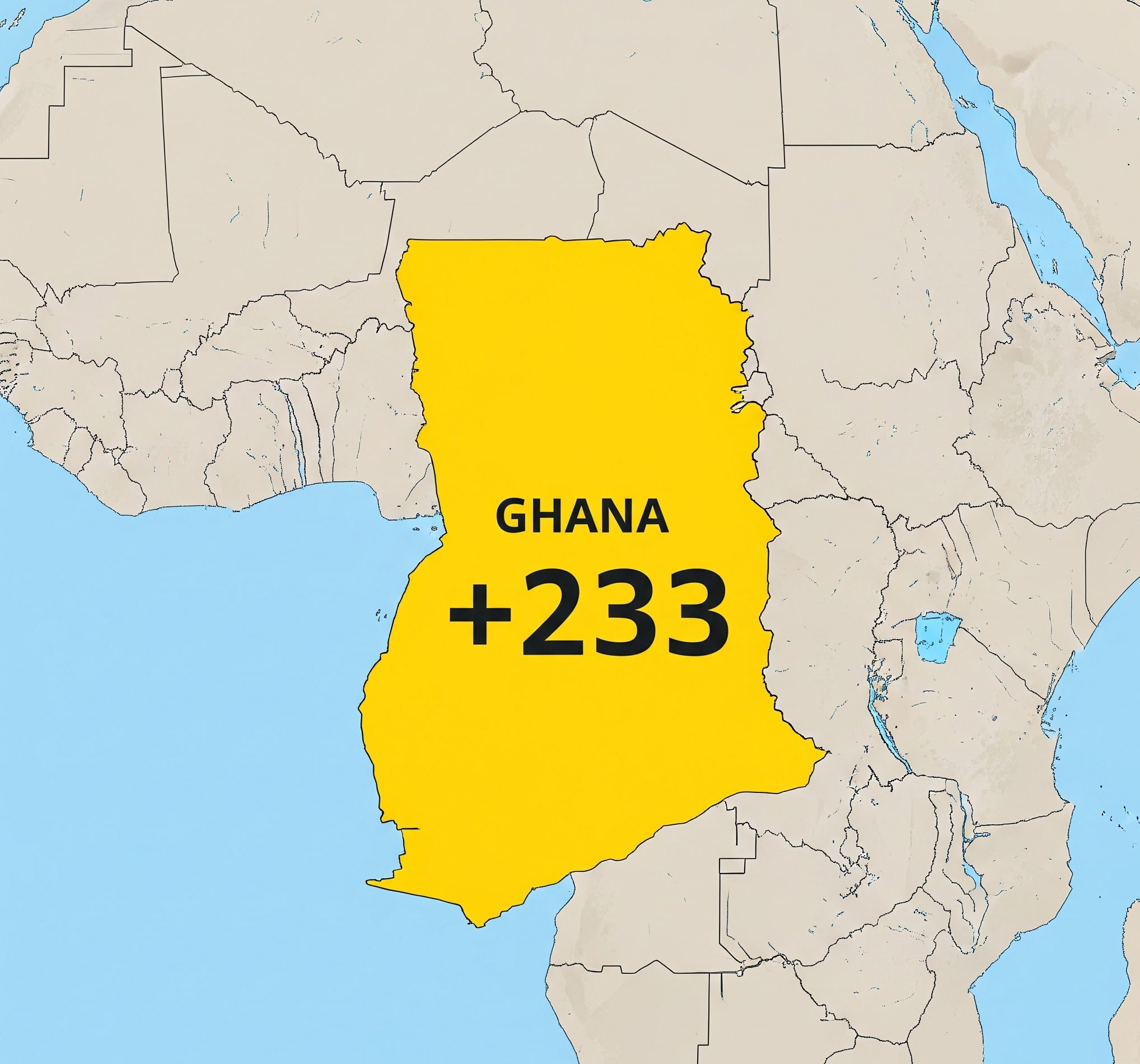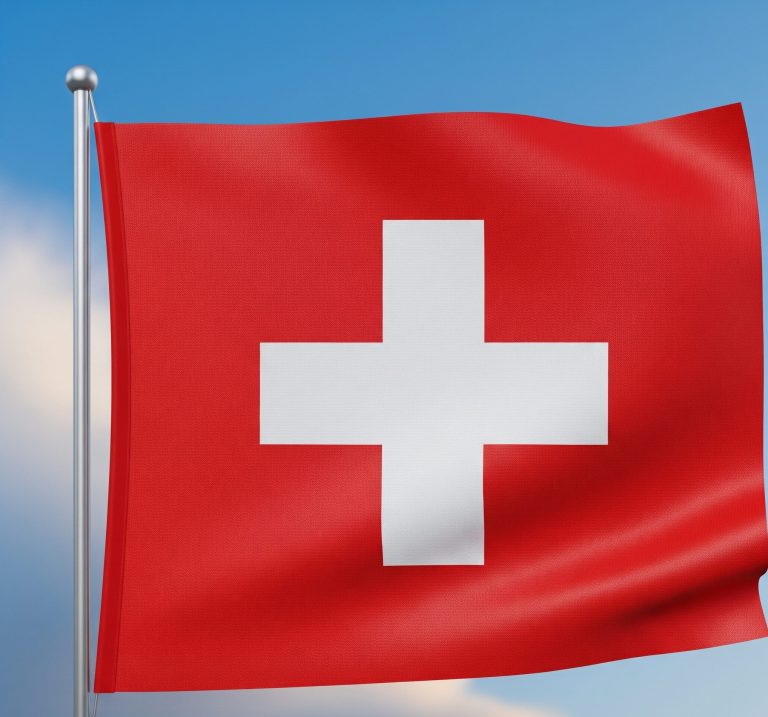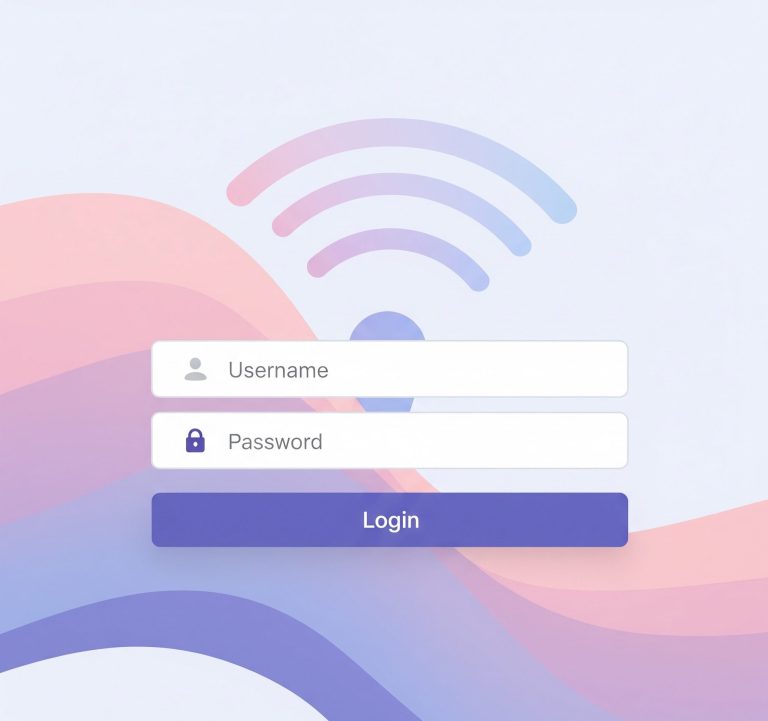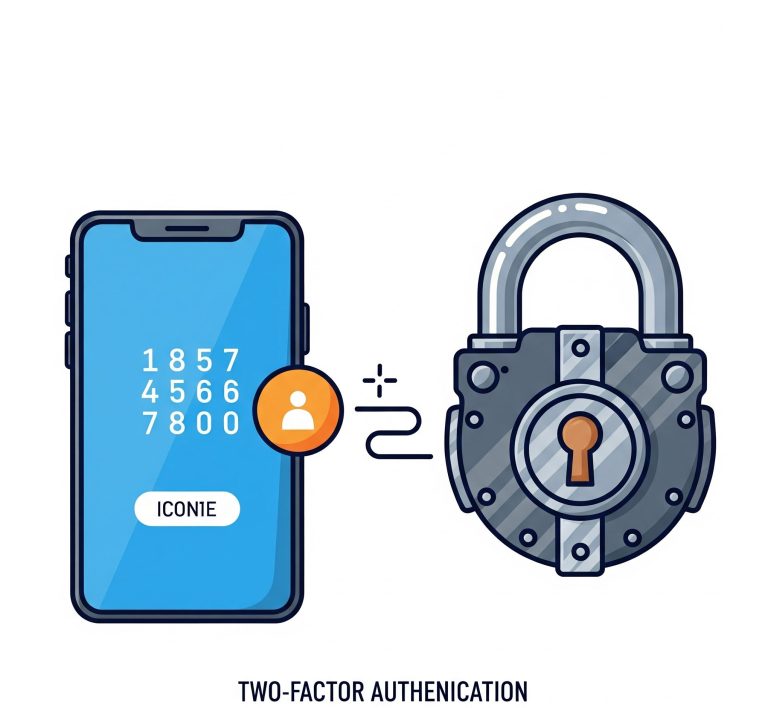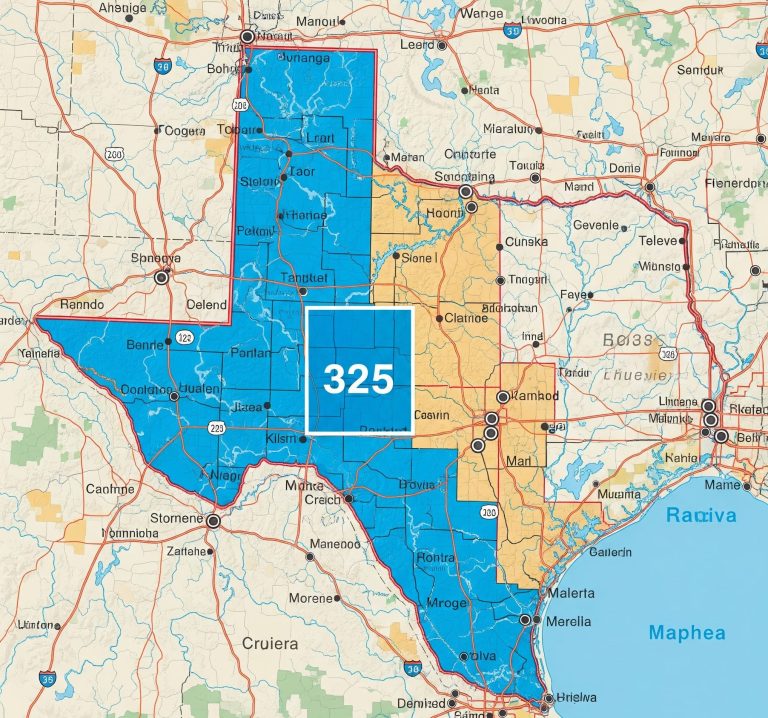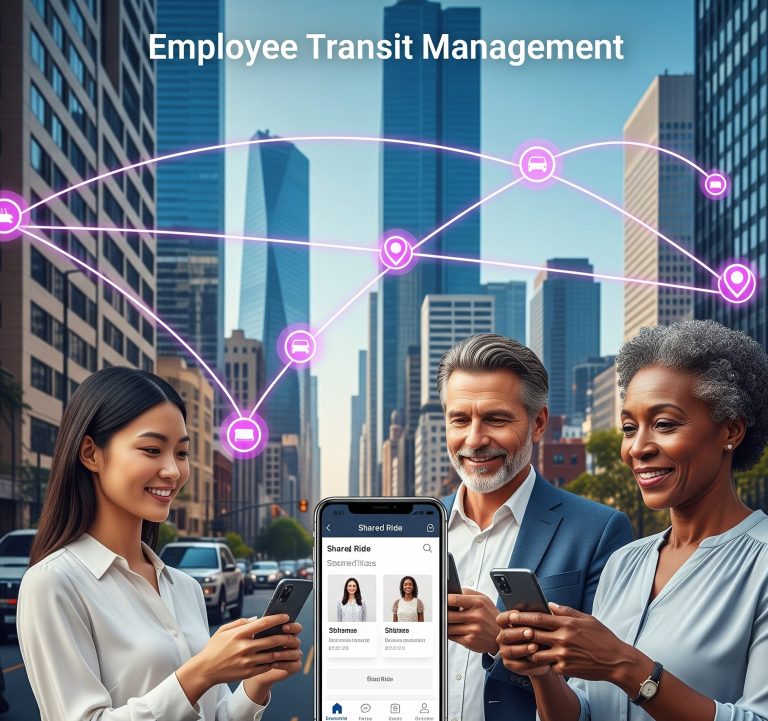In an increasingly interconnected world, understanding the origin of phone calls is crucial. While many of us are accustomed to recognizing local area codes or those from familiar states, a call displaying the 233 area code can often raise an eyebrow. This article will delve into what the 233 area code signifies, its geographical location, and key considerations for American consumers.
Contents
Where in the World is the 233 Area Code?
For many in the United States, a call from the 233 area code might immediately suggest an international origin. And in this case, that assumption would be correct. The 233 area code is assigned to Ghana, a West African nation. This means any call you receive or place to a number beginning with 233 is communicating directly with someone in Ghana.
It’s important to differentiate this from domestic US area codes, which typically follow a three-digit format but are distinct from international dialing codes. The presence of the 233 area code immediately flags the call as originating from outside the North American Numbering Plan (NANP).
Why Am I Receiving Calls from the 233 Area Code?
The reasons for receiving calls from the 233 area code can be varied, ranging from legitimate connections to potentially suspicious activities. Understanding these possibilities can help you respond appropriately.
Legitimate Connections
- Family and Friends: If you have family, friends, or colleagues residing or traveling in Ghana, they might be calling you using a local Ghanaian number. This is the most straightforward and often the most welcome reason to receive a call from the 233 area code.
- Business Relations: Many American businesses have international ties. If you conduct business with entities in Ghana, you might receive calls from the 233 area code for legitimate business purposes, such as sales inquiries, customer service, or supply chain management.
- Travel and Tourism: If you’ve recently traveled to Ghana or interacted with tour operators or hotels there, they might be reaching out to you with follow-up information or to confirm bookings.
- Online Interactions: In the age of global e-commerce and online communities, you might have interacted with individuals or services based in Ghana, leading to legitimate communication from the 233 area code.
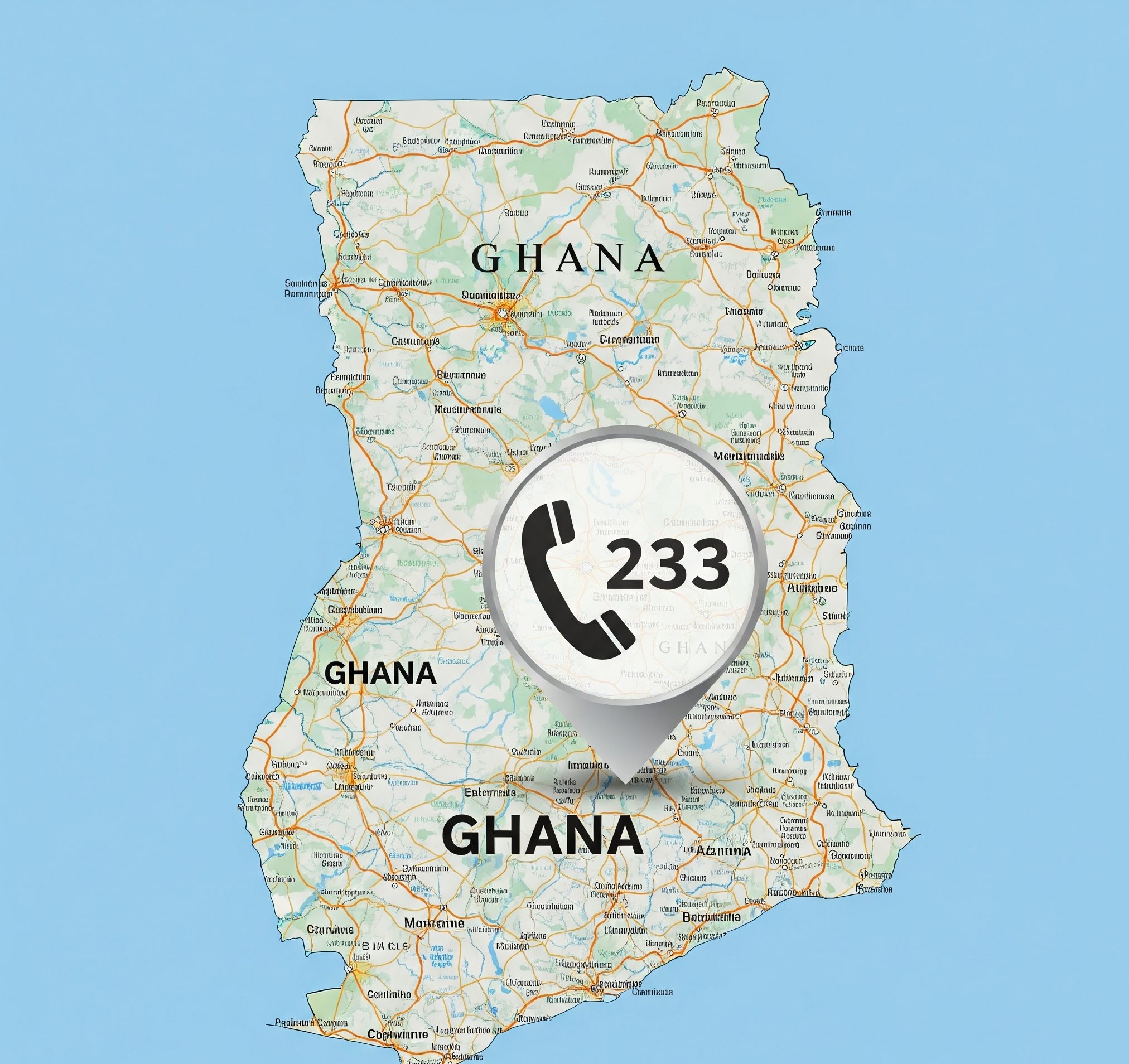
Potential Scams and Unsolicited Calls
Unfortunately, like many international area codes, the 233 area code has also been associated with various scams. It’s crucial to exercise caution if you receive an unexpected call from this, or any, unfamiliar international number.
- One-Ring Scams (Wangiri): This common scam involves a call that rings only once, hoping you’ll call back out of curiosity. If you do, you’re often connected to a premium-rate number, resulting in significant charges on your phone bill. The perpetrators profit from these charges.
- “Grandparent” Scams: Scammers might impersonate a distressed family member (e.g., a grandchild) claiming to be in an emergency and needing money wired to them immediately. They often pressure the victim to act quickly before they can verify the story.
- Lottery or Prize Scams: You might receive a call congratulating you on winning a large sum of money or a prize, but to claim it, you’re asked to pay an “advance fee” or “taxes.” These are almost always fraudulent.
- Tech Support Scams: Scammers may pretend to be from a well-known tech company, claiming your computer has a virus or other issue. They then try to gain remote access to your computer or convince you to pay for unnecessary “repairs.”
What to Do When You See the 233 Area Code on Your Caller ID
Your response to a call from the 233 area code should depend on whether you are expecting it and your comfort level.
- If You Are Expecting a Call: If you know someone in Ghana or are expecting a business call from there, answer the phone as you normally would.
- If You Are Not Expecting a Call:
- Do Not Call Back Unknown Numbers: Especially if it was a one-ring call. This is the golden rule for avoiding premium-rate scams.
- Be Skeptical of Unsolicited Offers: If the call involves winning a prize, a desperate plea for money, or claims of computer issues, be extremely wary. Legitimate organizations rarely conduct such business over unsolicited calls.
- Verify Information Independently: If someone claims to be from a known company or family member, do not trust the caller ID or their word. Hang up and call the company or family member back using a verified phone number you look up yourself.
- Consider Blocking the Number: Many smartphones allow you to block specific numbers. If you repeatedly receive unwanted calls from the 233 area code (or any other number), blocking it can prevent further disturbances.
- Report Suspicious Calls: You can report scam calls to the Federal Communications Commission (FCC) or the Federal Trade Commission (FTC). While they may not be able to stop every scam, reporting helps them track trends and warn the public.
The Cost of Calling the 233 Area Code from the US
Making a call to the 233 area code from the United States is considered an international call and will incur international calling rates. These rates vary significantly depending on your phone carrier and your specific calling plan.
- Check Your Plan: Before dialing a number with the 233 area code, it’s advisable to check your mobile or landline phone plan details. Some plans offer international calling bundles or lower rates to specific countries.
- Use Calling Apps: Many Voice over Internet Protocol (VoIP) apps like WhatsApp, Skype, or Google Voice offer much cheaper, or even free, international calls over Wi-Fi or data, provided both parties use the same app. This can be a very cost-effective way to communicate with individuals in the 233 area code.
Conclusion
The 233 area code is the international dialing code for Ghana. While many calls from this area code are legitimate, it’s crucial for American consumers to be aware of the potential for scams. By exercising caution, understanding common scam tactics, and utilizing available resources, you can protect yourself from unwanted solicitations and financial losses, ensuring your phone interactions remain safe and secure.

